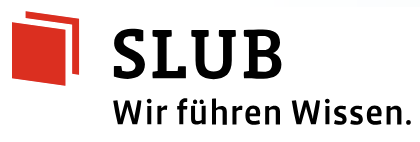Getting behind assessment and learning in secondary school music: A case study approach
DOI:
https://doi.org/10.62563/bem.v201264Abstract
The scope of the article is to explore and understand the intertwined connections between teaching, learning and assessment in music as a school subject. Music lessons at a Norwegian lower secondary school are explored through an empirical, methodological design aiming at obtaining valid and reliable information regarding learning and assessment. The article argues that such an understanding requires a thorough understanding of the phenomenon of assessment itself. In addition, the context of music as a school subject has to be included as a framing source to understand the interaction between teaching, learning, and assessment.
The discussion suggests that both the phenomenon of assessment and the contexts in focus are highly complex, and the authors argue that an empirical triangulating design is required to account for the given complexity. In particular, the relations between teachers' intentions, classroom practice, and pupils' experiences and perceptions are important aspects in exploring the significance, perils and possibilities of assessment in music.
Embracing the considerations made, a single case study design is outlined and discussed. To further explore the fruitfulness of the design, a forthcoming case study is proposed. As such a broad holistic approach is undertaken. The design also provides opportunities to analyse education in a larger social context, since classrooms are arenas where teachers and pupils act with respect to subject matters, school programs, society and cultural expectations.
Â
Keywords: Assessment, Case study research, Methodology, Secondary School
Downloads
How to Cite
Issue
Section
License
Bulletin of Empirical Music Education Research (b:em) is published as an open access online journal. All articles are freely accessible online free of charge, there are no publication fees (Diamond Open Access). The standard licensing of the articles is CC BY-NC 4.0 (Creative Commons Attribution-Non Commercial 4.0 International (CC BY-NC 4.0))


